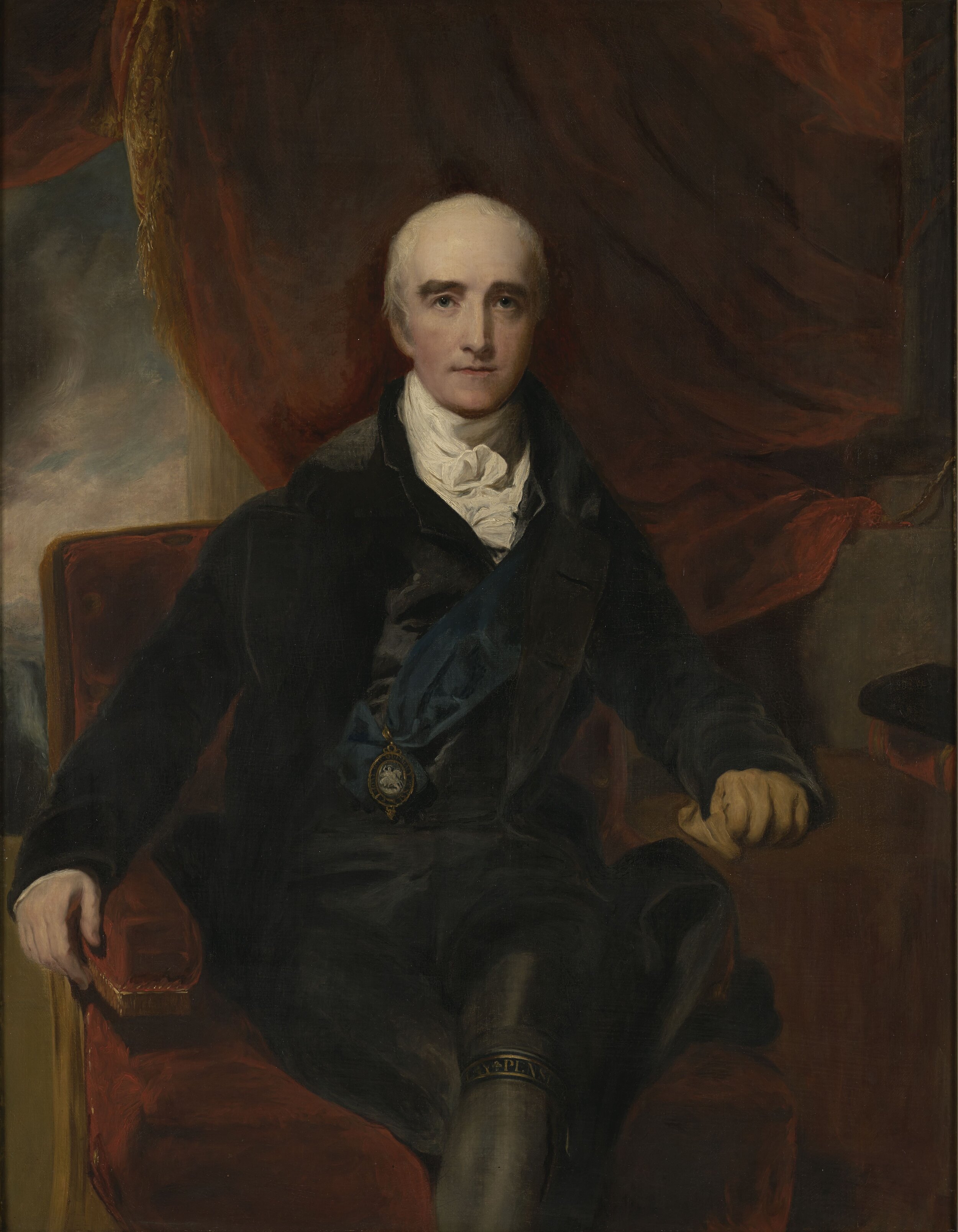Recently I received a random text message threatening to publish embarrassing details supposedly posted on social media unless I paid an unspecified amount of money. As a blackmail attempt, it was feeble. My life is dull, particularly since the COVID-19 pandemic confined us to our homes and my resources are unlikely to satisfy a bum too lazy to get a real job.
It made me think about how one of my favorite heroes responded to a blackmail attempt. Arthur Wellesley, 1st Duke of Wellington, was an international hero when he was blackmailed. He was also an honorable man who lived by a rigid code of conduct. Imagine how the Earl of Grantham in Downton Abbey would react to an idiot trying to blackmail him.
Arthur Wellesley was born in Dublin, Ireland in 1769. Like most Anglo-Irish aristocrats, his family had titles and land but little money. Arthur was a younger son which meant he had to find a respectable job to support his lifestyle.
He joined the British Army where his honesty and attention to detail made him popular with his superiors. Arthur was also lucky that his older brother, Richard, was a career politician who had married well. The Wellesley men had a tradition of marrying strategically for money, larger estates and more prestigious aristocratic titles.
Richard Wellesley helped Arthur purchase “his colors”, meaning his rank. In the late 18th and early 19th centuries, British officers bought their rank beginning with the rank of ensign. The more money you had, the faster you could buy your way up the chain of command. The Duke was happy with this system when it made him a full colonel by the age of 27.
Later he was less happy when he was stuck with a pack of militarily useless officers during the Peninsular War (1807 – 1814). He issued detailed orders because he couldn’t trust the nincompoops to fight a battle without his close supervision. In fact, the Duke spent as much time writing to the Horse Guards, the British Army’s high command, demanding the recall of dilettante officers as he spent fighting the French.
Before he fought the French, Richard called in a few favors to get Arthur posted to India. There the Duke proved proficient at combat tactics and leadership. He also made his fortune earning prize money. Prize money was similar to the performance bonuses offered by corporations today.
He needed the money to prove he was financially able to support a wife. The Duke had his eye on Kitty Pakenham whom he met in 1792 when she was 20 and he was 23 years old. But Kitty’s father, Lord Longford, decided that a junior officer with, at that point, limited prospects and little money, was not the right man for Kitty.
When the Duke returned from India with his fortune, he was finally able to marry Kitty. Unfortunately the years had not been kind to Kitty whose vivacity and prettiness seems to have dissipated into drabness. After they married, she also habitually exceeded her budget for personal and household expenses which infuriated the Duke. The marriage was effectively over within two years although they never divorced
Kitty spent much of her time in Ireland living with relatives and complaining of his coldness and disdain. The Duke spent his time in Europe fighting Napoleon’s Grand Army. When not fighting, he flirted with aristocratic women and some not so high-born women.
His many flirtations and affairs became the basis for the blackmail attempt. A courtesan (high class prostitute) named Harriette Wilson threatened to publish a kiss and tell memoir that would include the Duke’s letters to her. When the Duke learned of her threat to publicize their affair, he responded, “Publish and be damned!”
So I thought, “Publish and be damned!” and deleted the text message.
The Duke of Wellington filled his life with enough adventure for several people and there are countless biographies assessing his life and activities. I relied on a two-volume biography written by Elizabeth Longford, Wellington: The Years of the Sword (1969) and Wellington: Pillar of State (1972).
Want to receive this blog straight to your inbox? Sign up for my mailing list.
You can also follow me at HerSavvy.com. My column appears the 3rd Tuesday of each month.




